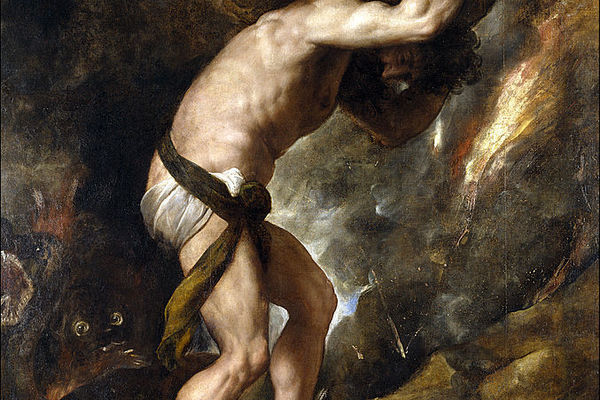Aristotle assumes you have a function — an essence — that is intricately linked to your goal in life. For Aristotle, what’s distinctive about human beings is that we are rational animals, capable of developing virtues, which can lead us to flourishing intellectual and social lives.
Existentialist philosophers take a different approach. They do not think there is a set function for human beings; rather, what makes human beings distinctive is that we create our own meaning through our actions and choices. In this class period, we will look at three philosophers in this tradition — Albert Camus, Jean Paul Sartre, and James Baldwin. We’ll consider how existentialists frame the central questions of God and the Good Life.
We have three main learning goals for this day. You will:
- Understand what existentialists mean by “authenticity,” and what existentialists (like Jean Paul Sartre) mean when they claim that “existence precedes essence,” and “we are condemned to be free”
- Be able to compare a eudaimonist’s answer to the question “Is there meaning in life?” to an existentialist’s
- Articulate one practical decision in life you might make differently if you were an existentialist.
Read This:
Primary: Interactive Essay: Create Yourself — Jean Paul Sartre and James Baldwin
Secondary: Self-Expression: True Freedom?
Do This:
Required:
- After you’ve finished today’s reading, make sure you complete the reading quiz, which you can access through your section’s Canvas page.
Suggested: To what extent do you think we (as humans, as individuals) are free to simply decide what our lives mean? Are there objective realities that we simply can’t ignore?























